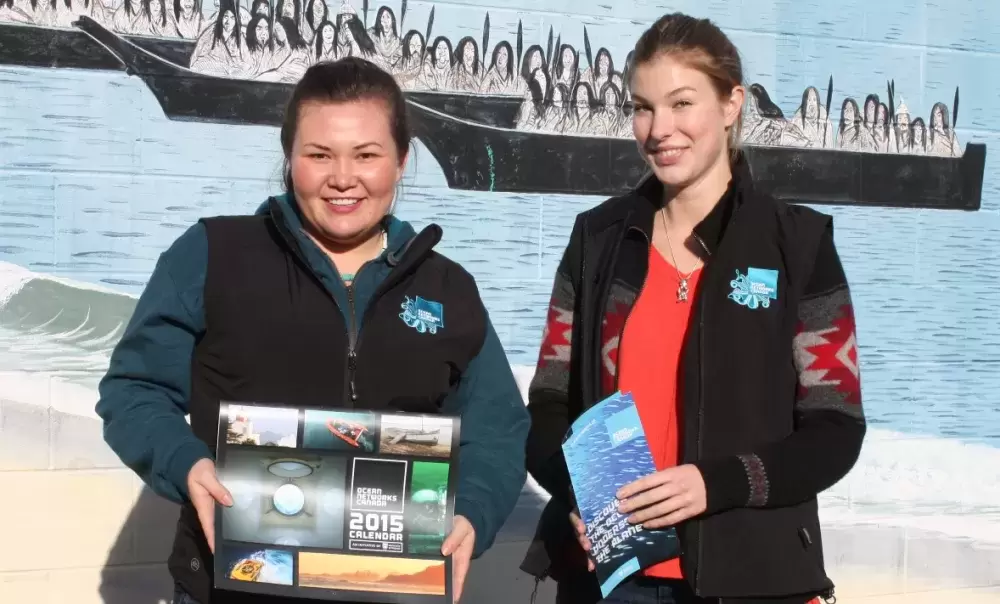A Nuu-chah-nulth university graduate is helping to organize a gathering that will bring together Nuu-chah-nulth historians and respected scientists to explore lessons learned from past local tsunami events.
Jessica Brown is the Indigenous Community Liaison for Ocean Networks Canada Learning and Engagement. The March gathering, she said, will also look to future threats in an effort to advance scientific knowledge about earthquakes and tsunamis.
Nuu-chah-nulth guest speakers will include Tom Happynook, a Huu-ay-aht leader whose village suffered tremendous loss in an earthquake in the 1700s.
There will be a panel discussion highlighting current tsunami detection and earthquake monitoring science, as well as Nuu-chah-nulth stories about the 1964 tsunami and the megathrust earthquake off of Vancouver Island in the 1700s.
“The goal is to incorporate Indigenous knowledge into modern science so that kids will get excited about science early and will hopefully pursue careers in earth sciences,” said Mercedes McLean, also of Oceans Networks Canada.
The 2015 Ideafest is the first of what is hoped will be a series of such gatherings. It will take place at 3 p.m. March 5 at the University of Victoria’s First Peoples House, Ceremonial Hall.
Ocean Networks, an initiative of UVic, operates the world’s foremost ocean observatories for the advancement of global science and the benefit of Canada.
They are the developers of the NEPTUNE and VENUS observatories that allow scientists to remotely monitor undersea activities off the western shore of Vancouver Island and from the mouth of the Fraser River into the Strait of Georgia on the east coast of the island.
These observatories collect data on physical, chemical, biological, and geological aspects of the ocean, supporting research on complex earth processes in ways not previously possible.
The 800-km NEPTUNE observatory and the nearly 50-km VENUS coastal observatory stream live data from instruments at key sites off coastal British Columbia via the Internet to scientists, policy-makers, educators and the public around the world.
For more information visit oceannetworks.ca on the web or find Ocean Networks on Facebook or Twitter.







